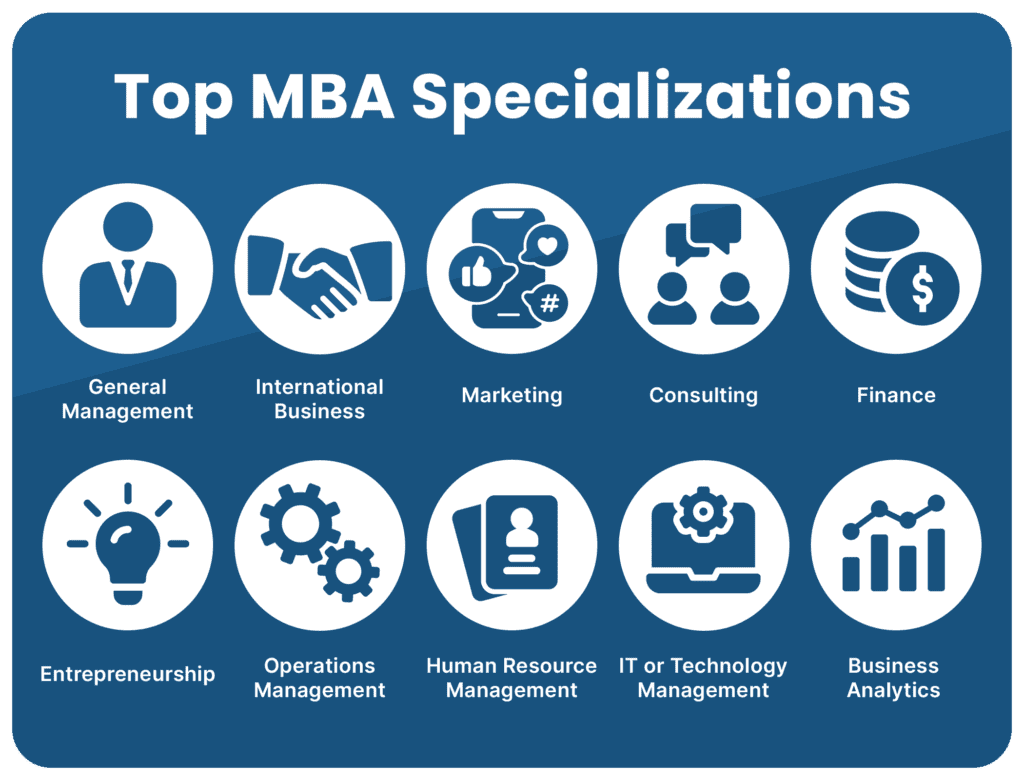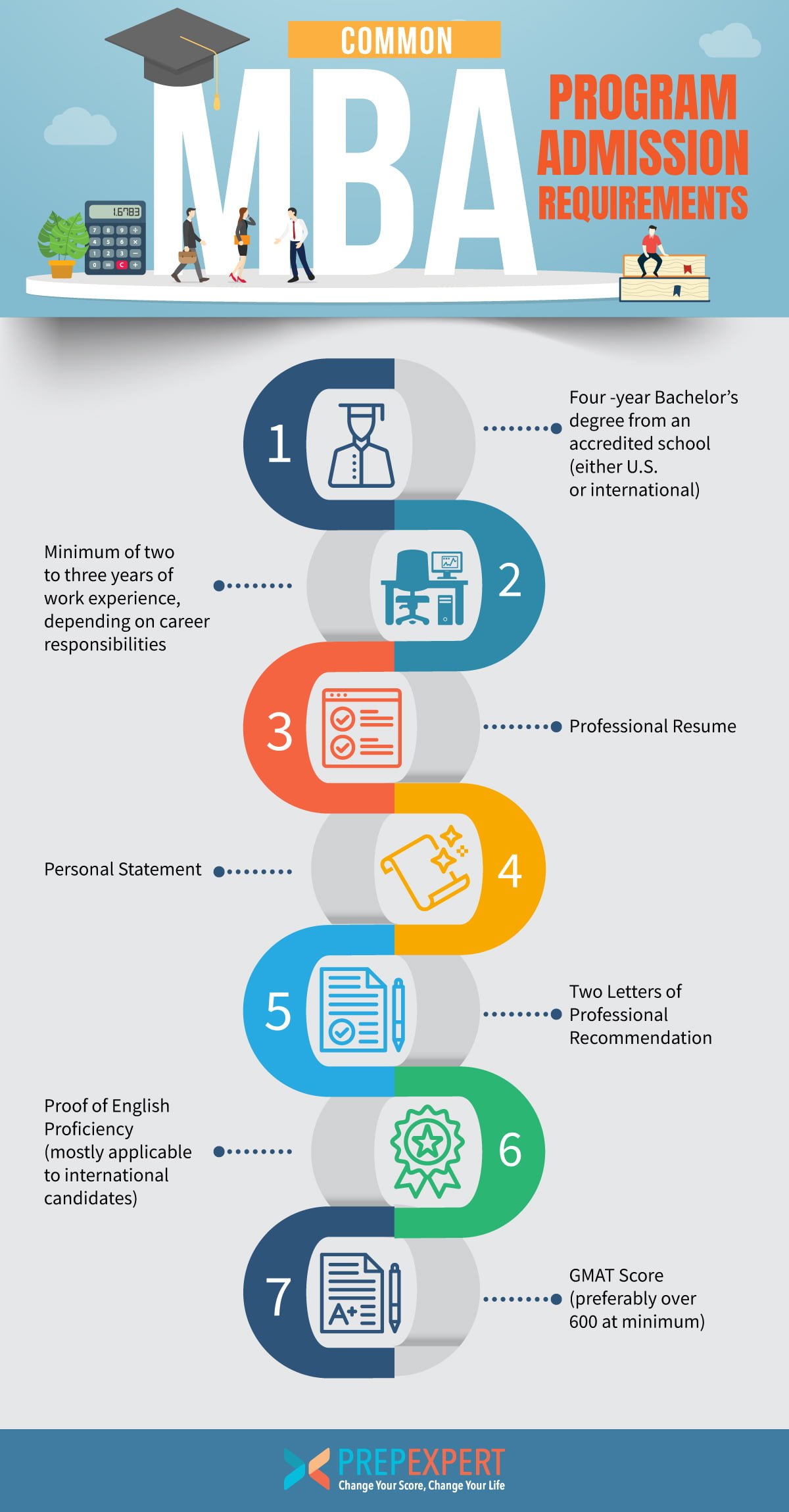Navigating the vast landscape of MBA programs can be a daunting task, especially when it comes to finding the perfect fit for your aspirations and career goals. With a myriad of options available, how do you determine which program will propel you towards success and fulfillment? This article aims to provide a comprehensive guide to help you make an informed decision by exploring the key factors to consider when selecting the right MBA program for you. From identifying your career objectives and researching program offerings to evaluating faculty expertise and alumni networks, we will delve into each aspect to empower you with the knowledge and insights necessary to make a confident choice.
Finding the Perfect MBA Program for Your Goals
Consider Your Career Goals
Deciding on the right MBA program requires a deep understanding of your career goals and how the program can help you achieve them.
| Career Goal | MBA Program Focus |
|---|---|
| Advancement in current industry | General MBA with specialization in relevant field |
| Career change | MBA with specialization in desired new field |
| Entrepreneurship | MBA with focus on entrepreneurship, venture capital, or innovation |
| Leadership development | MBA with emphasis on leadership, management, or organizational behavior |
Evaluate Program Rankings and Curriculum
It’s important to consider program rankings, but don’t solely rely on them. Focus on program rankings, curriculum, faculty expertise, and industry connections.
| Factor | Evaluation |
|---|---|
| Program rankings | Research reputable ranking sources like US News & World Report, Financial Times, and The Economist |
| Curriculum | Analyze the specific courses and specializations offered and their relevance to your goals |
| Faculty expertise | Explore the credentials and research experience of the professors |
| Industry connections | Assess the program’s partnerships with companies and opportunities for internships and networking |
Assess Program Fit and Culture
Choose a program that aligns with your learning style, personality, and values.
| Factor | Evaluation |
|---|---|
| Learning style | Consider the program’s teaching methods, class sizes, and emphasis on theoretical or practical learning |
| Personality | Explore the program’s culture, student demographics, and extracurricular activities |
| Values | Align your values with the program’s mission, ethics, and social responsibility initiatives |
Navigating the MBA Landscape: Finding Your Perfect Fit
1. Self-Assessment: What Are Your Goals and Values?
Before diving into program details, it’s crucial to understand your own aspirations and priorities. What do you hope to achieve with an MBA? Are you seeking a career change, a salary boost, or a platform for entrepreneurship? What are your personal values, and how do they align with the culture and mission of different programs? Reflecting on these questions will help you narrow down your search and identify programs that truly resonate with you.
2. Program Focus and Specialization: Aligning with Your Career Aspirations
MBAs offer a wide range of specializations, from finance and marketing to healthcare and sustainability. Consider your career goals and identify programs that offer strong tracks in your desired field. Research faculty expertise, course offerings, and industry connections to ensure the program provides the knowledge and skills you need to succeed in your chosen path.
3. Location and Networking: Building Connections and Opportunities
The location of an MBA program can play a significant role in shaping your career trajectory. Do you envision yourself working in a specific city or region? Consider the program’s proximity to relevant industries and the networking opportunities it offers. Networking with alumni and current students can provide invaluable insights into career prospects and industry trends.
4. Program Culture and Fit: Finding a Supportive and Engaging Environment
Beyond academics, consider the program’s culture and student community. Visit campuses, attend events, and speak with current students to get a sense of the program’s atmosphere. Are students supportive and collaborative? Does the program offer a balance between academics and extracurricular activities? Choosing a program with a culture that aligns with your learning style and personality can greatly enhance your MBA experience.
5. Cost and Return on Investment: Making a Financially Sound Decision
An MBA is a significant investment, both financially and in terms of time. Evaluate the program’s tuition, fees, and living expenses. Consider the potential salary increase and career advancement opportunities associated with an MBA. Research alumni salary data and industry trends to assess the program’s return on investment and make a financially sound decision.
Frequent questions
What are some key factors to consider when choosing an MBA program?
Choosing the right MBA program is a crucial decision that can significantly impact your career trajectory and personal development. There are several key factors to consider during this process, including your career goals, program curriculum, faculty expertise, location, networking opportunities, and program reputation.
Firstly, it’s essential to define your career aspirations and how an MBA will help you achieve them. Are you seeking a career change, a promotion, or entrepreneurship? Your goals will guide you towards programs that offer specializations and electives relevant to your desired industry.
Next, thoroughly research the program curriculum. Look for courses that align with your interests and career objectives. Consider the program’s teaching methodology, faculty expertise, and industry partnerships. This will ensure you receive a comprehensive education relevant to your career aspirations.
Location is another important factor. Think about the geographical area where you want to work after graduation. Consider the cost of living, job market, and networking opportunities in the area.
Finally, assess the program’s reputation and alumni network. Research placement rates, industry connections, and alumni achievements. A strong alumni network can provide valuable connections and support throughout your career.
What are the benefits of pursuing an MBA?
An MBA can open doors to a wide range of career opportunities and provide you with valuable skills and knowledge. Some of the key benefits include:
Enhanced Career Prospects: An MBA can significantly boost your career prospects by equipping you with the skills and knowledge required for leadership roles and strategic decision-making. It can also open doors to new industries and job functions.
Increased Earning Potential: Graduates with an MBA typically earn higher salaries compared to those without. The higher earning potential reflects the value employers place on the specialized skills and knowledge acquired during the program.
Expanded Network: MBA programs provide excellent networking opportunities with fellow students, faculty, and industry professionals. Building a strong network can be invaluable for career advancement and future collaborations.
Personal and Professional Development: An MBA program can foster personal and professional growth by challenging your perspectives, expanding your skillset, and providing opportunities for self-reflection and leadership development.
How can I finance my MBA?
Pursuing an MBA can be a significant financial investment, but there are several ways to finance your education.
Scholarships and Fellowships: Many MBA programs offer scholarships and fellowships based on academic merit, leadership potential, or specific criteria. Research and apply for these opportunities to reduce your overall costs.
Loans: Student loans are a common way to finance an MBA. Explore various loan options, including federal loans, private loans, and employer-sponsored loans. Compare interest rates and repayment terms to choose the most favorable option.
Employer Sponsorship: Some employers offer tuition reimbursement programs or scholarships for employees pursuing an MBA. Check with your current employer to see if they offer any financial assistance.
Part-Time Work: If possible, consider working part-time while pursuing your MBA to reduce your financial burden.
What are some tips for choosing the right MBA program for me?
Choosing the right MBA program is a personal decision that requires careful consideration of your individual needs and goals. Here are some tips to guide your search:
Start Early: Begin your research and application process early to allow ample time for exploring options and completing the necessary steps.
Reflect on Your Goals: Identify your career aspirations, industry interests, and desired skills. This will help you narrow down your program choices.
Visit Campuses: Attend virtual or in-person campus visits to get a feel for the program, faculty, and student body.
Connect with Alumni: Reach out to alumni from programs you’re considering to gather firsthand insights and experiences.
Don’t Be Afraid to Ask Questions: Contact program admissions offices to clarify any doubts or seek additional information.
Trust Your Instincts: Ultimately, choose a program that feels like the right fit for you.












